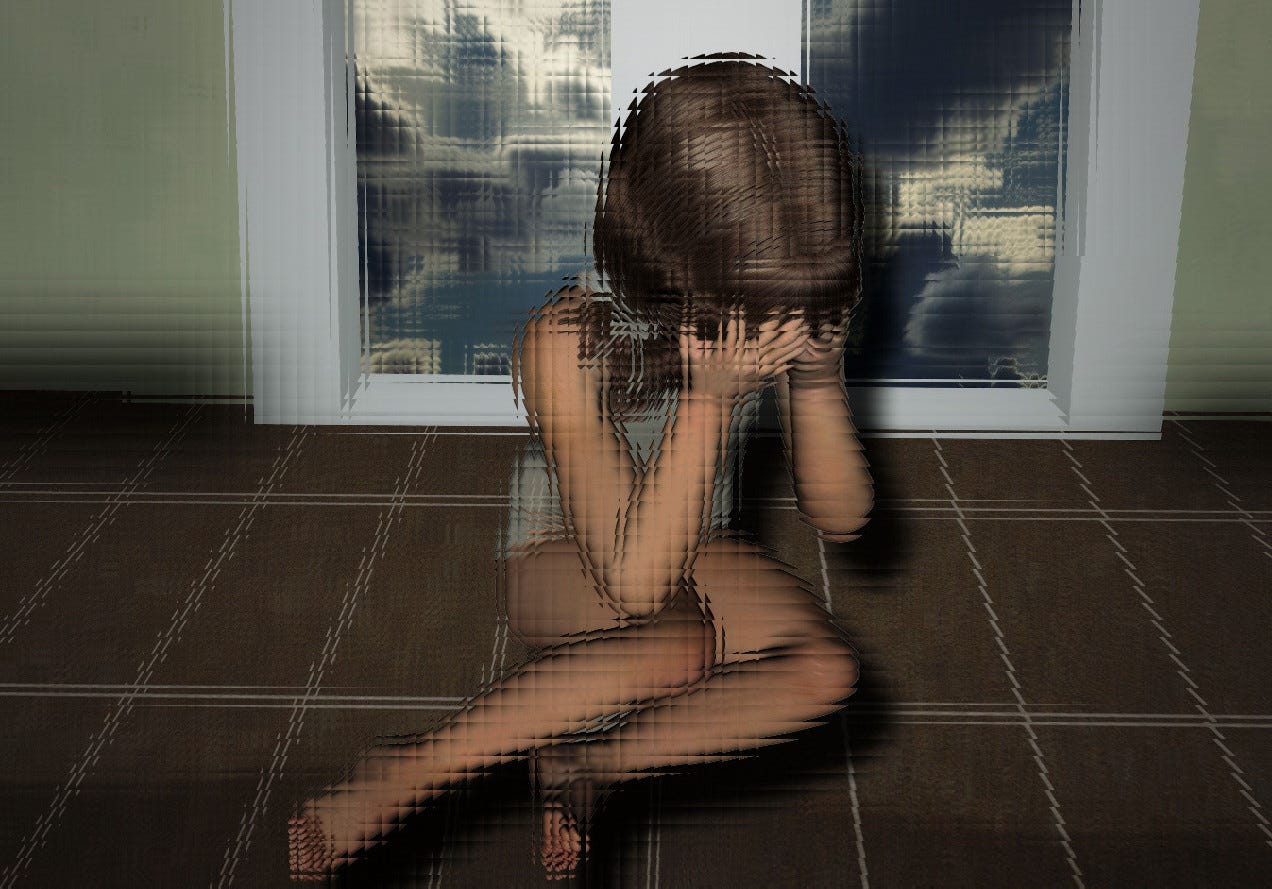Despite what church says, law doesn't absolve it of responsibility in sexual abuse case
Court, citing Arizona law on confidentiality, dismisses lawsuit by victims

It was one of the most horrific cases of child abuse imaginable:
Paul Adams began sexually abusing a daughter during the first decade of the 2000s. In 2010, he confessed his abusive behavior to John Herrod, who was bishop of his Church of Jesus Christ of Latter-day Saints congregation in Bisbee, Ari…


